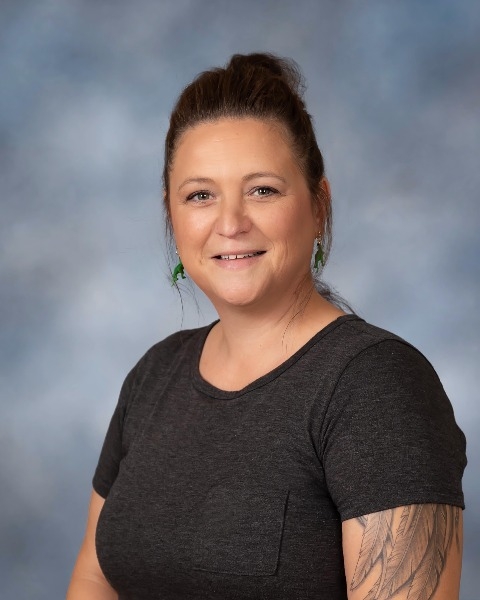Central Elementary School Counseling
SCHEDULE:
Mandy Platt
Phone number: 785-456-7271 ext. 2113
Email: plattm@usd320.com
What is the School Counseling Program?
The school counseling program is designed to promote academic, career, and personal/social development. Within these areas the counselor focuses on the counseling curriculum, individual student planning, responsive services and system support.
Counseling Curriculum Topics:
Students meet weekly for classroom activities with the school counselor during their specials rotation. As part of a grant that was awarded funding Second Step, classroom teachers work with the counselor in teaching the Second Step curriculum during the classroom weekly meetings. The counselor is then able to delve further into the topics covered and provide additional opportunities to practice the new concepts.
The units in the Second Step program include:
- Skills for Learning
- The Bullying Prevention Unit
- Empathy
- Emotion Management
- Problem Solving
In addition to the Second Step units, there will be units on Multiple Intelligences, Growth Mindset, as well as Career Development and planning.
What does the School Counseling Program provide students?
- Help resolve problems that interfere with learning;
- Counsel groups on the topics of;
- Divorce
- Grief
- Anger Management
- Friendship
- Deployment
- Counsel individual students;
- Conduct classroom guidance activities;
- Facilitate educational activities that help students understand the responsibilities of work and participation in school;
- Coordinate with school staff and community resources to assist students; and
- Offer crisis intervention and prevention.
How is a student referred to the school counselor?
Students may be referred to the counselor by self, parent/guardian, teacher, administrator, friend, or agency.
What does the school Counseling Program provide Parents/Guardians?
A positive relationship between school and home enhances the academic, career and persona/social development of children. Counselors work with parents/guardians to encourage academic and social success by:
- Involving parents/guardians;
- Providing referral information about community resources;
- Informing parents/guardians of situations that may harm their child or that may harm others;
- Obtaining parental consent before proceeding with on-going counseling; and
- Protecting the privacy of information shared by parents and students

 Launch the media gallery 1 player
Launch the media gallery 1 player